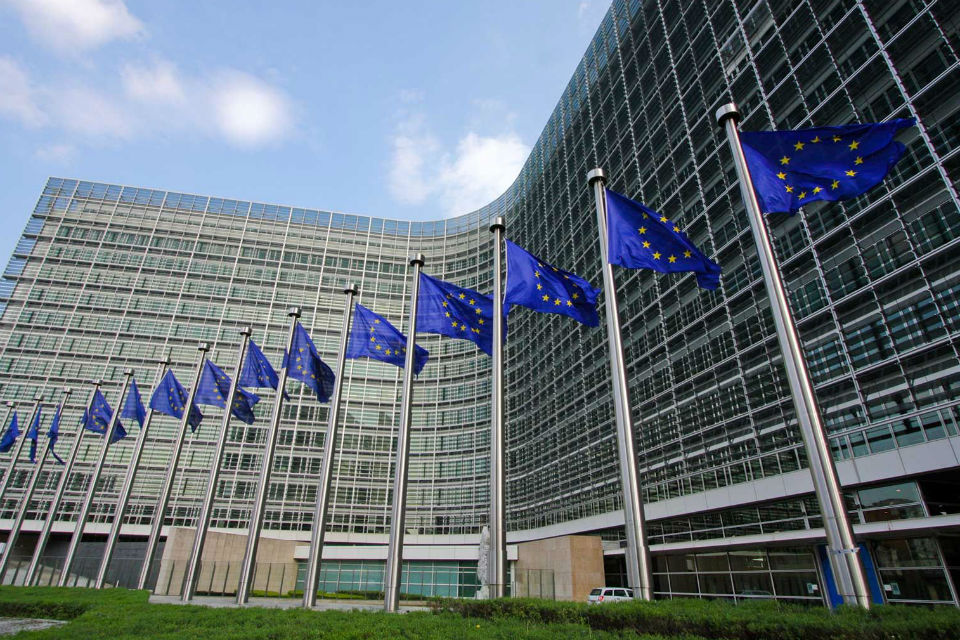European Comission reveals study on the economic impact of open source software and hardware

The European Commission published the results of a study analysing the economic impact of Open Source Software and Hardware in the European economy. It is estimated that companies located in the EU invested around €1 billion in Open Source Software in 2018, which brought about a positive impact on the European economy of between €65 and €95 billion. Many NGI-supported projects (Internet for social good projects), are open source by design.
The study predicts that an increase of 10% in contributions to Open Source Software code would annually generate an additional 0.4% to 0.6% GDP, as well as more than 600 additional IT&C start-ups in the EU.
Case studies reveal that by procuring Open Source Software instead of proprietary software, the public sector could reduce the total cost of ownership, avoid vendor lock-in and thus increase its digital autonomy. The study gives a number of specific public policy recommendations aimed at achieving a digitally autonomous public sector, open research and innovation enabling European growth, and a digitised and internally competitive industry.
Open Source Software Strategy, Digital Strategy And Digital Europe
In the long-term, the findings of the study may be used to reinforce the open source dimension in the development of future software and hardware policies for the EU industry. Moreover, since October 2020 the Commission has its own new Open Source Software Strategy 2020-2023, which further encourages and leverages the transformative, innovative and collaborative potential of open source, in view of achieving the goals of the overarching Digital Strategy of the Commission and contributing to the Digital Europe programme.
The Commission’s Strategy puts a special emphasis on the sharing and reuse of software solutions, knowledge and expertise as well as on increasing the use of open source in information technologies and other strategic areas.
Many NGI-supported projects are open source by design
Next Generation Internet (NGI) is an initiative of the European Commission, which aims to shape the Internet for the future as a powerful, user-centric (Internet of Humans) ecosystem that meets the fundamental needs of the population, including those of confidence, security and social inclusion. NGI comprises an ambitious research and innovation program based on an initial European Commission investment of over € 250 million between 2018-2020 and is part of the future Horizon Europe program (2021-2027).
For the period 2021-2022, the European Commission will dedicate EUR 62m to support top internet innovators in the areas of trust and data sovereignty on the Internet; Trustworthy Open Search and Discovery; Internet Architecture and Decentralised Technologies; as well as enhanced EU-US and EU-Canada cooperation and collaboration.
The NGI program funds the best research and innovation projects in the field of the Internet, focusing on advanced technologies, including privacy, search and discovery, decentralized architectures, blockchain, Internet of Things, social media, interactive technologies and technologies that support multilingualism and accessibility.















